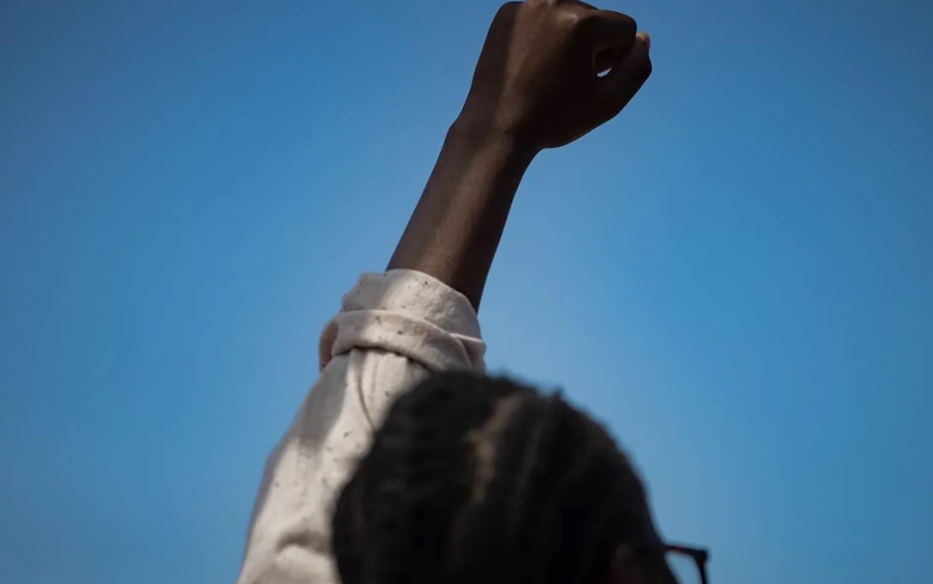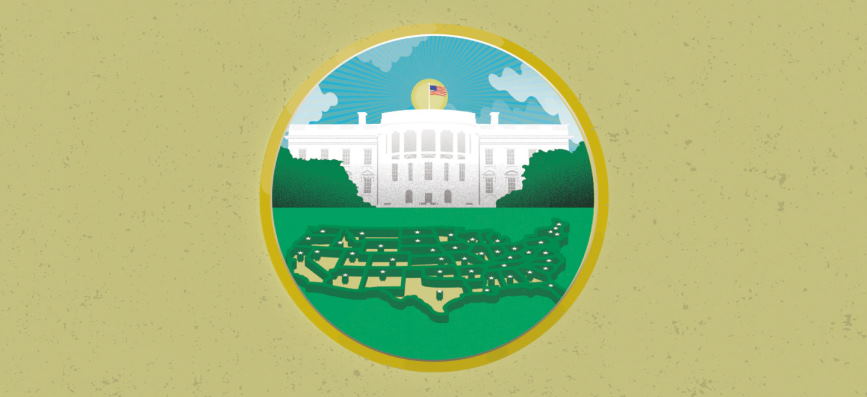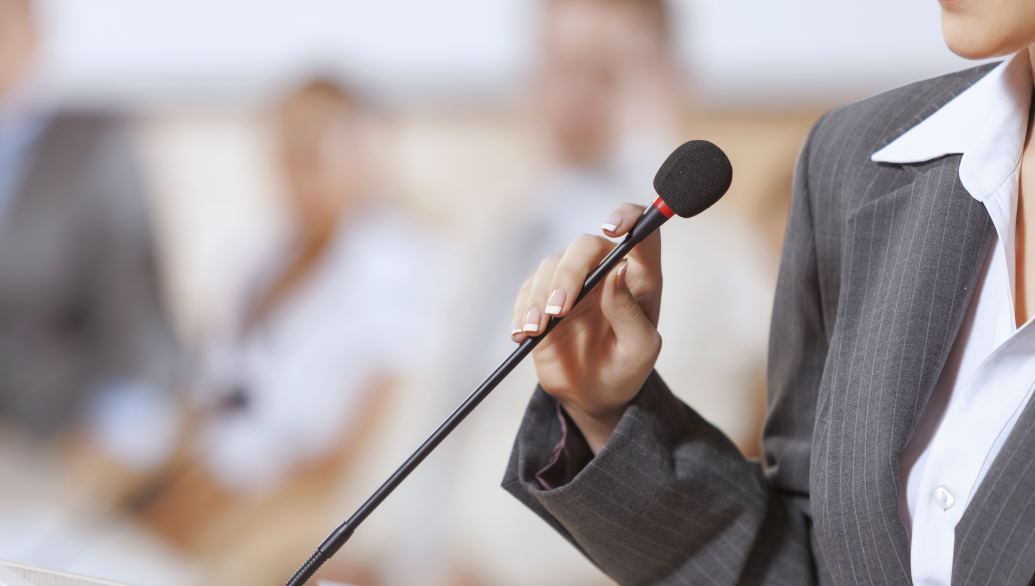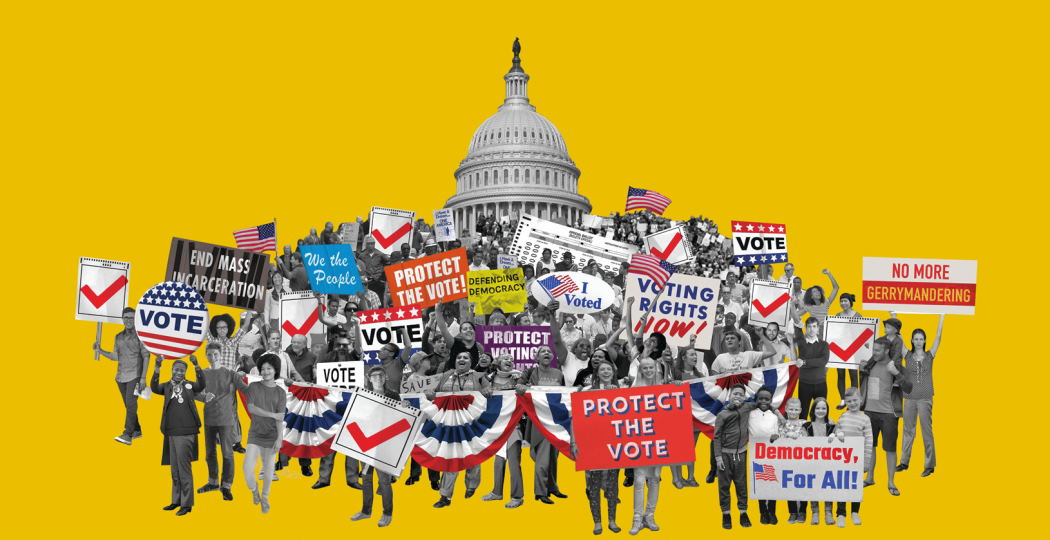Informal politics are the unofficial and often unacknowledged rules that govern society. The unstated customs and traditions define our relationships with family, friends, and strangers. While they may seem innocuous, these informal politics can profoundly impact the state.
In this blog post, we will explore how informal politics can shape our everyday lives and, in turn, influence the state. We will discuss some of the more common rules of etiquette and their potential to empower or disenfranchise certain groups. By understanding how informal politics work, we can learn to navigate them in a way that promotes inclusion and equality.
Informal politics: what it is and why it matters
While the state may seem like a formal and distant institution, politics at all levels can profoundly impact its functioning. In particular, informal politics – the day-to-day relationships and interactions between individuals and groups – can shape the state in important ways.
Informal politics can help to legitimize or delegitimize the state in the eyes of its citizens. When people feel that their voices are being heard and have some influence over decisions made by the state, they are more likely to see it as a legitimate authority. On the other hand, when people feel excluded from the political process or believe that the state is acting against their interests, they may see it as illegitimate.

Informal politics can also affect the state’s ability to govern effectively. When informal networks are strong and cohesive, they can provide important information and resources to help the state function more efficiently. However, when informal networks are fragmented or in conflict, they can hamper the state’s ability to make and implement policies.
Finally, informal politics can influence the state’s relations with other states. For example, how a state is perceived by its neighbors – as friendly or hostile, cooperative or confrontational – can impact its foreign policy and the likelihood of it being involved in international disputes.
In sum, both positive and negative, informal politics can significantly impact the state. Understanding how informal politics works is essential for anyone interested in understanding how the state functions and how it can be changed.
What role does informal politics play in the state?
Informal politics is the practice of unofficial, often unwritten methods of influence within a political system. This includes personal relationships, social networks, and other forms of non-institutionalized power. While informal politics is often seen as a way to circumvent formal rules and procedures, it can also be used to increase one’s power and influence within the political system.
The role of informal politics varies from state to state. In some systems, informal politics is widely accepted and encouraged, while in others, it is frowned upon or actively discouraged. In still others, the line between formal and informal politics is blurred, and both types of activity take place side by side.

There are a number of reasons why informal politics may be more or less prevalent in different states. First, in some cases, the political system may be more or less open to informal methods of influence. For example, in a democracy, it is generally easier for citizens to engage in informal politics than in a dictatorship, where the ruling party may view any attempt at unofficial influence as a threat to its power.
In addition, the cultural norms of society can play a role in shaping the prevalence of informal politics. For example, informal politics is likely to be more common in societies where personal relationships are highly valued. Conversely, informal politics is likely to be less common in societies where formal rules and procedures are highly valued.
Finally, the resources available to citizens can also affect the role of informal politics. In societies with a large gap between rich and poor, informal politics is often seen as a way for the less powerful to gain some influence. However, in societies with more social and economic equality, informal politics is less likely to be used as a tool of inequality.





